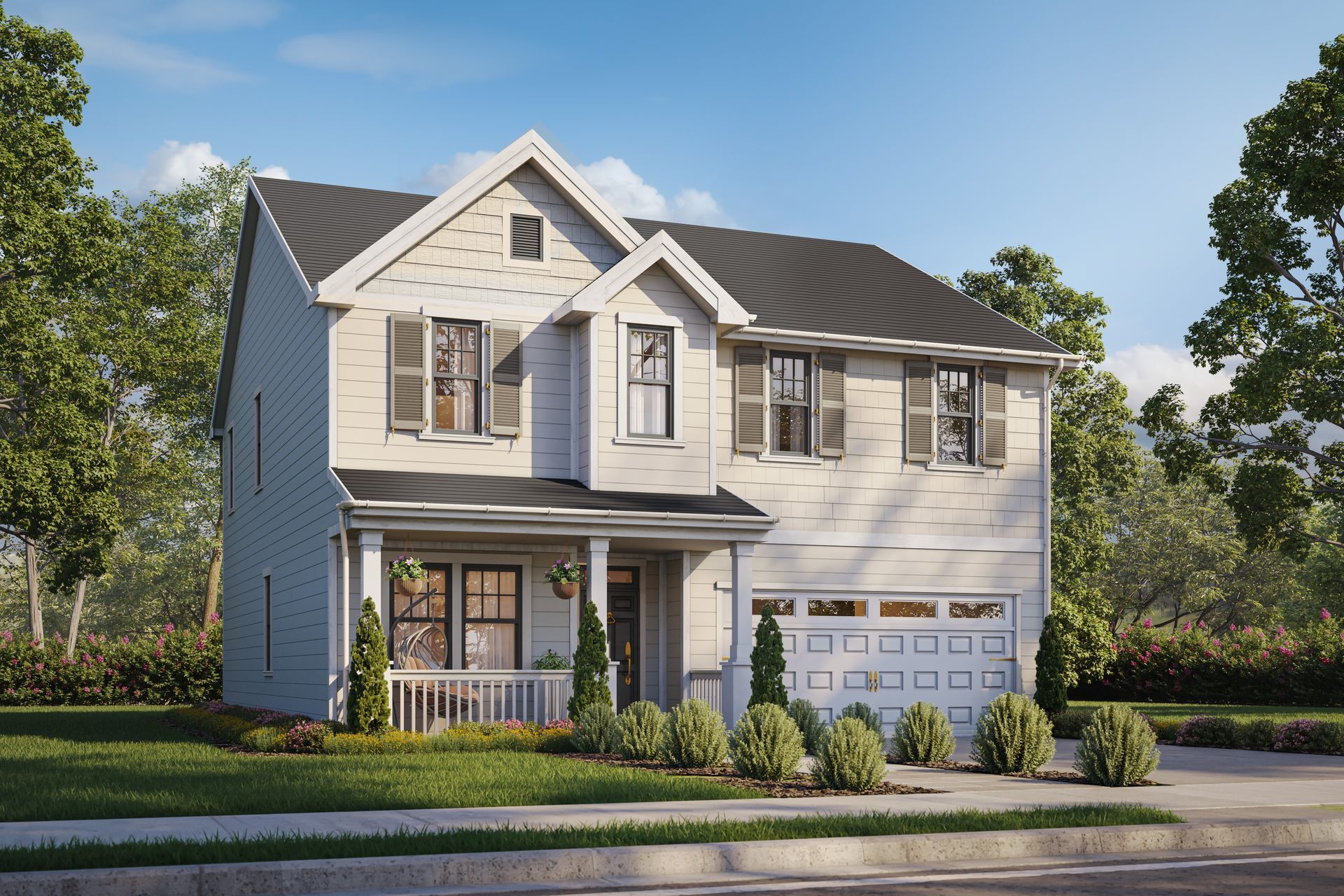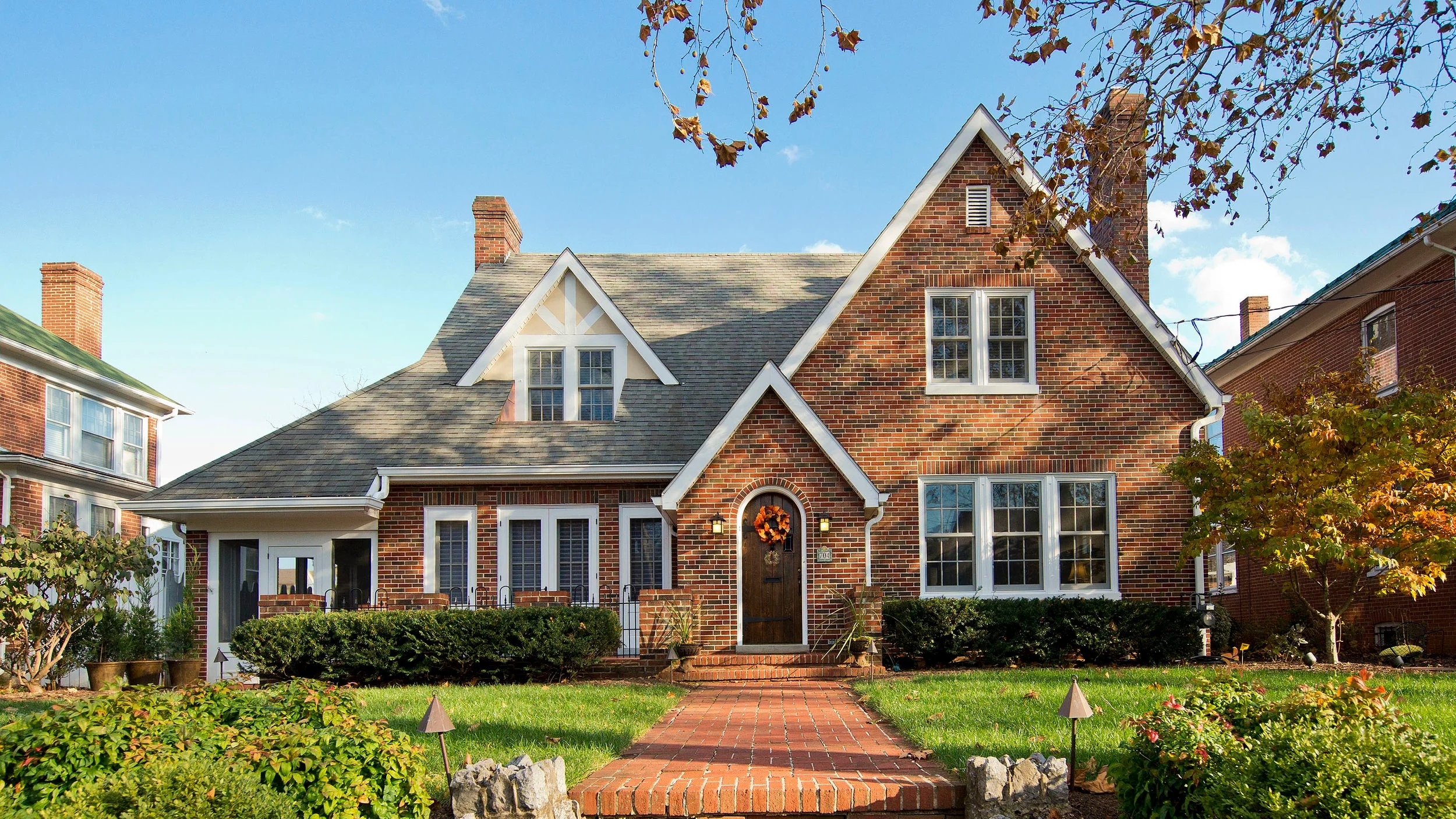When renting a commercial residential or commercial property, there are a number of different types of commercial leases one might come across. In many cases tenants might be trying to find a residential or commercial property they can develop on and develop improvements that fit their particular requirements. If this holds true, then a ground lease may be the best choice.
A ground lease is a type of lease agreement in which the occupant rents a piece of land and is permitted to establish that residential or commercial property throughout the period of the lease. During the lease term, the tenant owns any structures, advancements or improvements made on the land. Once the lease ends, the land and any building and construction or improvements on that land end up being the residential or commercial property owner's. Usually, ground leases are long-term, with a lease period in between 20 to 99 years, said Scott Miller, Senior Director of Land Services, and Jeff Peden, Executive Managing Director of Land Services at Transwestern. Ground leases are generally net leases, they included, in which the occupant is accountable for paying residential or commercial property taxes, insurance coverage and upkeep.
What's the Difference Between a Subordinated vs Unsubordinated Ground Lease?
There are 2 types of ground leases: subordinated and unsubordinated. The distinction in between the two involves what takes place if the tenant is handling monetary difficulty during the regard to the lease.
Subordinated Ground Lease
With a subordinated ground lease, the property owner agrees to be a lower top priority with regards to any other financing acquired on the residential or commercial property. If a tenant secures a loan to develop on the land and then defaults on the loan, the loan provider can go after the residential or commercial property, consisting of the land, as collateral. For circumstances, an occupant who signs a subordinated ground lease may take out a loan for $400,000 to build a retail residential or commercial property. However, if that occupant faces financial problem and is not able to make loan payments, the lender can go after the building and the land.
"Typically, this is done to facilitate financial obligation financing to construct structures on the residential or commercial property," Miller and Peden said. Oftentimes with a subordinated ground lease, the property manager may require greater lease payments since they're taking on some amount of risk.
Unsubordinated Ground Lease
With an unsubordinated ground lease, the proprietor keeps higher top priority than the loan provider. Lenders are not able to foreclose on the land or utilize it as collateral if a tenant is not able to make their loan payments. Rather, if the renter defaults on the loan, the lending institution can only pursue their service properties. Some lending institutions might hesitate to offer a mortgage to occupants who have actually signed an unsubordinated ground lease. Because of this included trouble for the tenants, proprietors will usually charge lower lease.
Advantages and disadvantages of Ground Leases for Tenants
Like all leases, ground leases come with their benefits and disadvantages, for both occupants and property managers. For renters, the advantages and disadvantages may differ depending on what you're looking for in a business residential or commercial property.
Location: With a ground lease, occupants can develop a residential or commercial property in an area of their choosing, without being bound to pre-existing buildings in a place that may not be ideal for their particular service needs.

Lower Taxes: For both federal and state taxes, the lease paid on a ground lease is tax deductible. The renter is paying less taxes than they would be if they just bought the land.
No Down Payment: With a land purchase, the renter would be paying a large deposit to buy the land, after which they would still need to construct on that land. However, with a ground lease, there is no downpayment, and more cash can go towards building on the land rather.
Reduced Lease Payments: If the tenant were leasing both the land and the building, then lease payments would be much greater. With a ground lease, the occupant is making lower monthly payments.
Building Customization: When renting an already existing area, the renter is not able to tailor the building to fit their specific requirements. However, with a ground lease, occupants are only leasing the land and can personalize the residential or commercial property as they see fit.

Some Higher Costs: Developing a residential or commercial property is costly, and although renters have the ability to tailor their building as they please, in some cases the financial expenses might exceed those benefits.
Doesn't Retain Ownership After the Lease Expires: After putting money and time into developing a residential or commercial property and making enhancements, the renter will need to provide up ownership of the residential or commercial property once the lease expires, if they select not to restore the lease. At that point, the landowner stands to profit from the improvements the occupant made.
Responsible for Fees: The tenant has to pay residential or commercial property taxes, insurance coverage and maintenance expenses on the residential or commercial property for the regard to the lease.

Benefits and drawbacks of Ground Leases for Landlords
For property owners, a ground lease could be beneficial for a number of factors, but naturally it features both advantages and drawbacks.
Pros
Lower Taxes: With a ground lease, property managers do not need to report any capital gains as they would with a land sale. On top of that, the renter is responsible for residential or commercial property taxes.
Steady Income: Landlords have the benefit of getting monthly lease on the land, thereby giving them a steady income stream. In addition, numerous ground leases also consist of an escalation stipulation, which ensures a rent boost and eviction rights in the case of a tenant defaulting on payments.
Retains Ownership of Improvements: After the lease period ends, the property manager maintains ownership of any improvements made on the land and can therefore sell the residential or commercial property at a profit.
Cons
Lack of Control: In the circumstance where a property manager doesn't consist of specific stipulations in the lease, they may not have any say in what the occupant makes with the land.
Higher Income Tax: Although a proprietor won't need to pay capital gains taxes, the lease they get from the occupant counts as earnings, and so they will have to pay higher earnings taxes.
Example of a Ground Lease
In Houston last June, Peden and Miller worked out a 20-year, 2.64-acre ground lease for a brand-new vehicle car dealership. The land was rented to Grubbs Automotive, with plans to transform the existing structures into a new Volvo automotive dealership. In this example, Grubbs Automotive is renting the land but has the liberty to build new residential or commercial properties and make enhancements on the land and any existing structures as they choose. Once the lease term ends, if they do not restore, then all of those enhancements become the residential or commercial property of the proprietor.

What's the Difference Between a Ground Lease vs Leasehold?

A leasehold estate is very comparable to a ground lease, in that with a leasehold estate, the physical structures are owned by the renter, and the land is owned by another party, from which the tenant is renting. The celebration that is renting the land from the landowner has the right to utilize the land throughout of the lease. When the lease ends, the building and any improvements end up being residential or commercial property of the landowner, comparable to a ground lease. See also appurtenance.
However, according to Miller and Peden, "With a ground lease, you essentially have the rights as an owner of the land and the residential or commercial property or buildings that are on it for the period that has been accepted. With a leasehold, there is an agreement in between the owner of the residential or commercial property and the lessee with generally more constraints on the lessee on what can be finished with the residential or commercial property." Essentially, leasehold contracts come with more restrictions than ground leases but are otherwise fairly comparable.
Is a Ground Lease Right for You?
While a ground lease features its benefits and downsides for both the renter and the property manager, it is necessary to know what you're trying to find in a rental contract before selecting a type of lease. Ground leases are beneficial because of their longevity and surefire earnings for property managers. And for renters, ground leases enable you to build a residential or commercial property that fits your custom needs. However, there are several lease structures. Before choosing on what fits your needs, make sure to do your due diligence and learn more about the different types of business leases in presence.







